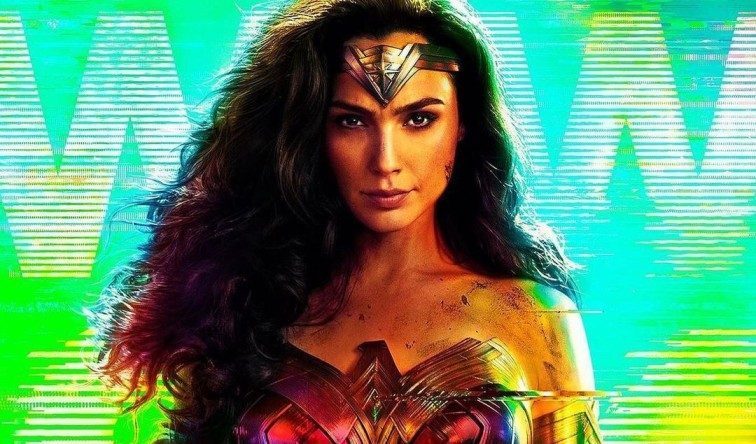The first film was previously banned in 2017 due to Gal Gadot’s active role in the Israeli military force during the 2006 war in Lebanon. However, Arab states have remained silent despite large public condemnation of Gadot’s vocal support of the illegal occupation of Palestine.
“Majestic”, “entertaining” and “spectacular”- these were the words used by critics around the world to describe the newly-released DC Comics film “Wonder Woman 1984”.
Since its Christmas release, the film has smashed the global Box Office, hitting $85 million worldwide despite virus restrictions.
The film, starred by Israeli actress Gal Gadot, is the second to be released as part of the sequel to the Wonder Woman comics, after the first was released in 2017.
In the same year, after the film received backlash in the Middle East due to Gadot’s role in the Israeli Defence Forces [IDF] in 2006, several countries banned the first Wonder Woman film, including Qatar, Lebanon and Tunisia.
However, there has been silence in the MENA region after the release of the second film, even despite the continuous protest against Gadot.
To understand why Qatar has not banned the second film, Doha News reached out to the Administrative Control and Transparency Authority for comments, but has yet to receive a response.
The true heroine
When DC initially announced Gadot’s role as the new Wonder Woman in its cinematic productions, many took to social media to reveal her vocal support to the oppressive Israeli occupation.
Among the screenshots shared by social media users was a tweet from 2014, when Gaza was the direct target of a deadly Israeli offensive.
At the time, the actress was sheltered in her home on illegally occupied lands, expressing through Instagram her support to Israeli forces fighting Hamas, who she said were “hiding like cowards behind women and children”.
However, the so-called “cowards” were defenceless, Palestinian civilians living under the illegal occupation. During the first 48 hours of the offensive alone, Israel dropped 400 tonnes of bombs on Gaza, killing innocent children and families living on their homes.
According to media reports, 500,000 people were displaced due to the Israeli bombardment of the beseiged Palestinian lands. By the end of what many described as the “Gaza War” in August 2014, over 2,250 Palestinians were killed, including 500 children.
More recently, viewers criticised Gadot’s role in Wonder Woman1984 as a white savior, who was saving children in Egypt from attacks by villains. It was also slammed as a “poor depiction” of Cairo’s history.
Besides the orientalist portrayal of 1984 Egypt, the public also addressed the irony in her heroic role despite her active involvement in the IDF in the past, which continues to kill Palestinian children and conduct illegal arrests of minors.
In 2006, Gadot proudly served the IDF during the 33-day war on Lebanon in the so-called “Israel-Hezbollah War”, which only ended when the United Nations [UN] called a ceasefire.
During the war, Israel dropped at least 7,000 bombs and missiles in Lebanon and around 1,200 Lebanese, mostly civilians, were killed. The war also led to the displacement of 974,000 Lebanese and destroyed 125,000 houses and apartments.
“In Israel, serving is part of being an Israeli. You’ve got to give back to the state. You give two or three years, and it’s not about you. You give your freedom away. You learn discipline and respect,” Gadot told Glamour magazine.
New whitewashing claims
In October, Gadot was once again criticised for her announcement to play the role of Cleopatra, the queen of the Nile, in an upcoming Paramount Pictures film. The film is also directed by Patty Jenkins, who was behind both Wonder Woman films.
Social media users were disappointed in the casting decision, saying that the filmmakers were attempting to whitewash Egypt’s history.
One Twitter user said: “White people keep casting white people to play Cleopatra and Ancient Egyptians, but cry when someone cast a black person in a fantasy tv show or movie, make it make it sense. Also nice to see we still can’t count on white women to cast women of color.”
Would you still watch Wonder Woman 1984?
Follow Doha News on Twitter, Instagram, Facebook and Youtube







